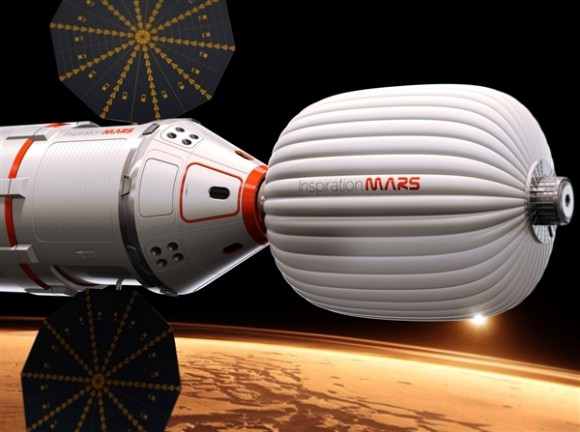NASA released the game on Valve's Steam network, and will use the Steamworks suite of services for server browsing, leaderboards, statistics and more. Steam has more than 25 million accounts and has released more than 1,100 games. It was built on Epic Games' Unreal Engine 3. The Army Game Studio developed the game with primary development support from Virtual Heroes, a division of Applied Research Associates in Research Triangle Park, N.C. This collaboration between NASA and the Army's Aviation Missile Research Development and Engineering Center is an example of government agencies working together to improve education in the STEM fields.
Why Games?
Read more about NASA LT's
research agenda:
-- Laughlin, D., Roper, M., Howell, K.,Research Challenges in the Design of Massively Multiplayer Games for Education and Training: NASA eEducation Roadmap, April 2007.
-- Laughlin, D., NASA eEducation Roadmap Implementation Guide, Internal NASA Document, March 2007.
This document is intended as a research based outline of tasks for the NASA eEducation unit to implement some of the research and development areas identified by the NASA eEducation Roadmap.
-- Laughlin, D., Marchuk, N., A Guide to Educational Computer Games for NASA, November 2005.
An NLT research white paper on the computer games as educational media. This document includes input solicited in a 2004 Request for Information.














